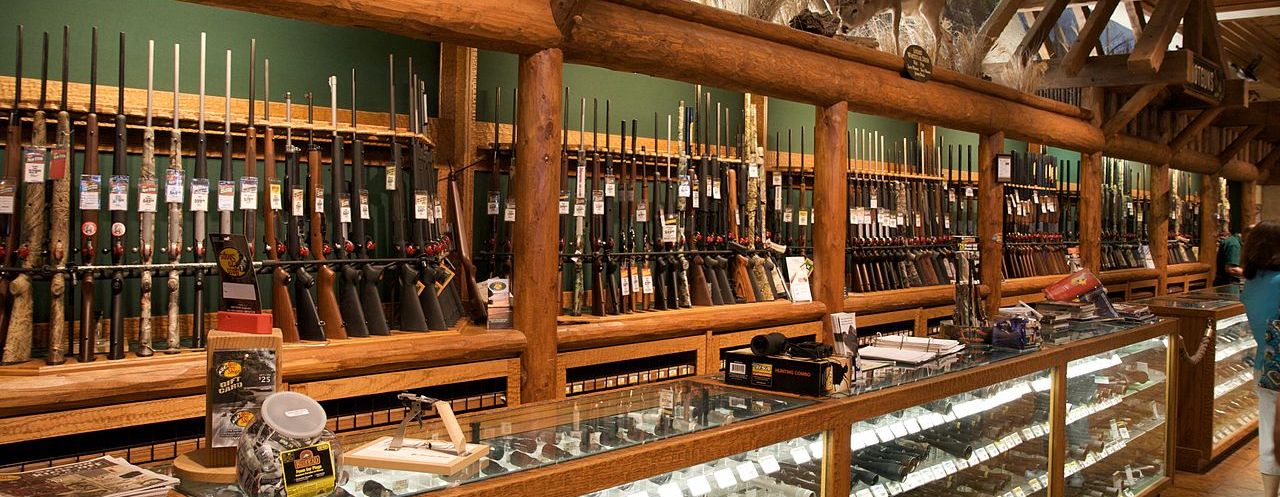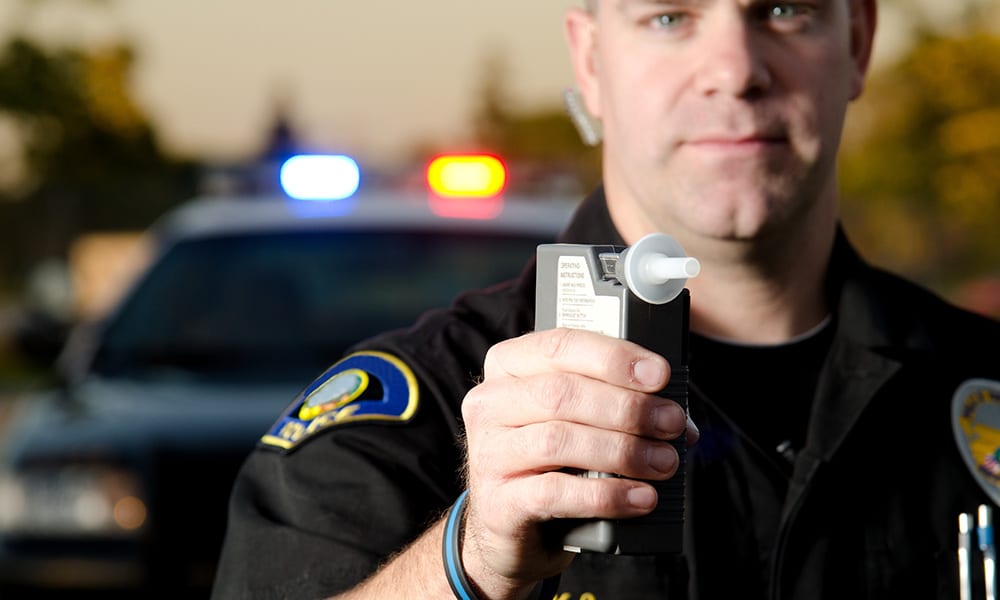The United States Code – federal law – makes it a federal crime for anyone convicted of a domestic violence offense to possess a firearm or ammunition for a firearm. This is something our Denver domestic violence law firm knows very well.
The federal law even classifies a misdemeanor conviction as a domestic violence offense if involves the threat or use or physical force or a deadly weapon against a current or former spouse, parent, guardian, cohabitation partner, child, or anyone acting in any of those capacities.
According to the Law Center to Prevent Gun Violence, a San Francisco-based nonprofit, “Guns pose a particular threat in the hands of domestic abusers.” The organization offers these statistics as proof:
- If a domestic abuser owns a firearm, an abused woman is five times more likely to be killed by the abuser.
- Domestic violence assaults committed with a firearm are twelve times more likely to result in a fatality than other domestic violence assaults.
- From 1980 through 2008, over two-thirds of the spouses and exes who were homicide victims in the U.S. were killed with firearms.
- In 2011, almost two-thirds of the women killed with guns in the United States were killed by a partner or an ex-partner.
The Law Center to Prevent Gun Violence has also compiled these disturbing statistics regarding firearms and domestic violence crimes in the state of Colorado:
- In 2011, 18.1 percent of Colorado homicides were crimes of domestic violence.
- Of that 18.1 percent, half of the victims were killed with guns.
- In 2011, more than four in ten female Colorado homicide victims were killed in domestic violence incidents.
- 47.6 percent of those homicides were committed with a firearm.
- 258 women in Colorado were murdered with firearms in the years 2001 through 2016.
HOW DO THE COURTS DEFINE DOMESTIC VIOLENCE?
The United States Supreme Court in 2014 (in United States v. Castleman) narrowly defined what “domestic violence” means in the context of the federal firearm law.
The justices decided that the term “force” does not necessarily have to mean violence that causes an injury but may also include “offensive” touching. In other words, domestic violence, much like battery, does not have to be overtly violent.
The Supreme Court justices recognized that in domestic relationships, most “assaults” aren’t necessarily overtly violent or injurious. Grabbing, slapping, or pushing someone is much more common, but these actions, in the Supreme Court’s view, are nevertheless instances of domestic violence.
Even trying and failing to touch someone offensively can lead to a domestic violence conviction that can keep someone from legally possessing a firearm.
And in Voisine v. U.S. (2016), the Supreme Court justices defined “domestic violence” even more precisely. A misdemeanor conviction for a domestic violence offense does not necessarily have to be a conviction for “knowing or intentional” behavior directed at the victim.
Simple “reckless” behavior may be enough to warrant a conviction for a domestic violence offense that counts as a crime of domestic violence under the federal gun prohibition law.
HOW ARE FIREARMS AND DOMESTIC VIOLENCE HANDLED AT THE STATE LEVEL?
The state of Colorado in 2013 enacted its own law to remove firearms from the possession of those convicted of crimes of domestic violence.
The Colorado statute incorporates the federal law prohibiting the purchase or possession of a firearm or ammunition by offenders convicted of domestic violence crimes, and it also makes provisions for those whose domestic violence charges are pending and those who are the subjects of restraining orders.
Whenever criminal charges are filed in Colorado, the state requires the issuance of a protective order to keep the defendant from intimidating, harassing, retaliating against, or tampering with any witness or victim connected to the case.
When the charge is a crime of domestic violence, issuing the order triggers the federal gun prohibition statute, so the defendant may not possess any firearms or ammunition while the charges are pending. Colorado’s 2013 statute also prevents anyone who is the subject of a civil protection order – a “restraining order” – from purchasing or possessing firearms or ammo.
The Colorado statute establishes the steps that someone charged with a domestic violence crime – or someone who is the subject of a restraining order – must take to surrender firearms and ammunition that they already own.
The law generally requires the surrender of firearms and ammunition within 24 hours to any person who has undergone a firearms background check. If the gun or ammo owner has been held in custody, firearms and ammo must be surrendered within 24 hours of being released.
A receipt proving that firearms and ammo have been surrendered must then be submitted to the court within three business days.
DOES EVERY DOMESTIC VIOLENCE CONVICTION IMPACT GUN OWNERSHIP?
Surprisingly, some domestic violence convictions in Colorado do not restrict the offender’s firearm rights. That’s because the law in Colorado defines domestic violence more broadly than federal law defines it.
Crimes against property, for example, may be classified as domestic violence crimes in Colorado if the crime’s intent is to coerce, control, punish, intimidate, or retaliate in an ongoing domestic situation.
However, property crimes are not included as domestic violence crimes in the federal gun prohibition law. Additionally, some types of harassment may constitute domestic violence in the state of Colorado but not at the federal level.
Anyone who is charged with any crime of domestic violence in Colorado, as well as anyone with concerns or questions regarding his or her right to own a firearm in this state, should obtain the reliable counsel of a trustworthy Denver criminal defense attorney.
According to the Law Center to Prevent Gun Violence, misdemeanor domestic violence convictions are the number three reason why applications to purchase a firearm are rejected by the Federal Bureau of Investigation (the top reasons are felony convictions and outstanding arrest warrants).
Between November 1998 and July 2014, over 100,000 people convicted of a misdemeanor domestic violence crime in the U.S. were denied the purchase of a firearm under the federal law.
Some say the federal gun prohibition law provides necessary protection and saves lives. Others believe it’s an unwarranted intrusion upon the constitutional right to bear arms.
That debate is certain to continue. For now, anyone who is accused of violating one of Colorado’s domestic violence laws or any of the state’s firearms laws will need the legal advice and services that an experienced Denver DUI lawyer can provide.







